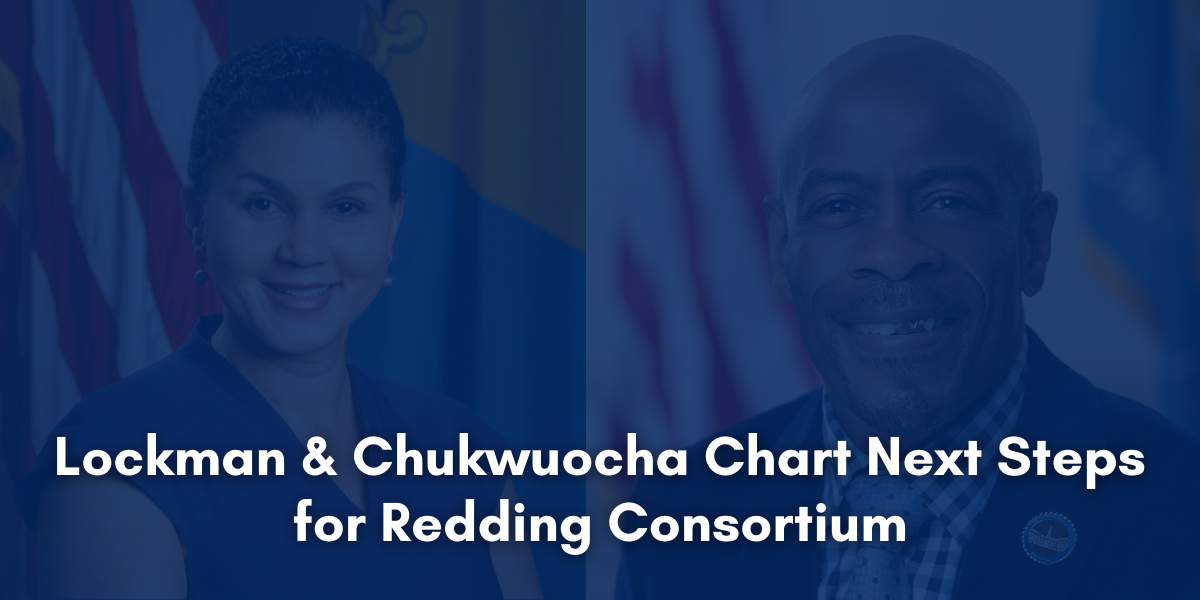FOR IMMEDIATE RELEASE | February 21, 2025
Contact: Sarah Fulton (302) 401-1114
DOVER — After hearing directly from Delmarva Power representatives about the exorbitant, widespread increases in consumers’ energy bills during a contentious hearing of the Senate Environment, Energy & Transportation Committee last week, Democratic lawmakers filed new legislation aimed at providing relief to Delaware ratepayers while getting at the root causes of the price spikes.
Three bills sponsored by Sen. Stephanie Hansen and Rep. Debra Heffernan would enact guardrails for Delaware’s public utility companies regulated by the Delaware Public Service Commission to ensure that consumers are being protected against unfair, unexpected price increases.
“The reality is that public utilities are regulated monopolies. Practically speaking, a public utility company like Delmarva Power has no competition in its service territory and, therefore, does not face the economic risks that a for-profit, non-utility company must face,” said Sen. Hansen, Senate prime sponsor for Senate Bill 59, Senate Bill 60, and Senate Bill 61. “We owe it to the public to ensure that our utility companies are held accountable for their actions and won’t be allowed to impose undue price increases on their customers.”
By law, a public utility is authorized the opportunity to earn a reasonable rate of return on the costs it incurs in operating its business. These rates are set by the Delaware Public Service Commission, an entity made up of five appointed Commissioners who work in partnership with the Delaware Public Advocate to provide oversight of investor-owned public utilities.
To address this, Senate Bill 59 would change the standards by which the Public Service Commission (PSC) is able to determine which costs can be included in a utility’s rate base. Delaware is just one of two states in the country that does not use the “prudence” standard. Currently, Delaware uses the “business judgement rule,” which presumes in favor of the utility in rate cases. In comparison, the prudence standard raises the utility’s duty of care in cases of economic risk to ratepayers.
Under the “business judgment rule” standard, the PSC may not currently prohibit the inclusion of a cost in rate base, even though the cost was incurred imprudently. For example, a utility may decide to expand the size of its facilities, but overbuilds those facilities at a cost of $3 million, even though a smaller $1 million expansion would be adequate to serve its customers and anticipated future growth. Under the business judgment rule, the PSC cannot currently deny recovery of any part of the cost of the expanded facility and it will be included in the rate base. Consequently, customer utility bills have been increasing and could continue to increase significantly. Amending the Public Utility Code so that the “prudence” standard applies, would give the PSC the ability to deny, in whole or in part, certain expenses and costs, which can lead to less frequent and less impactful rate increases.
Another bill aimed at keeping public utility overhead costs low is Senate Bill 60. SB 60 would place a cap on annual capital expenses recoverable by Delmarva Power and it would not allow recovery for activities such as lobbying, political contributions, charitable contributions, and certain advertising and public relations activities.
Finally, Senate Bill 61 addresses the issue of transparency by all electric utilities in Delaware at a meeting of, or on a matter before, PJM Interconnection, the regional electrical grid operator that controls generators and transmission lines across the Mid-Atlantic. Though regulated by the Federal Energy Regulatory Commission, states throughout its territory have raised concerns over PJM’s decisions, particularly related to bringing new energy generation onto the grid, and how those decisions are affecting ratepayers. Today, utilities vote in private on rules at PJM which have an impact on electric rates, grid reliability, and transitioning to clean energy. With this bill, Delaware will be joining a number of other states in the PJM region to promote transparency.
Democratic lawmakers worked in consultation with Governor Meyer’s Administration to swiftly address the concerns surrounding rising energy costs through these three pieces of legislation.
“We all understand that prices go up over time, but that doesn’t mean families should have to pay higher energy bill rates just to cover lobbying efforts or unnecessary corporate expenses,” said Rep. Debra Heffernan, House prime sponsor for the three bills. “These are common sense measures that will make sure our public utilities are transparent, accountable, and charging consumers fairly. I appreciate Sen. Hansen’s leadership in bringing forward these much-needed reforms.”
The Senate Environment, Energy & Transportation Committee is scheduled for a joint committee hearing with the House Natural Resources and Energy Committee on Monday, February 24 at 1 p.m. in the Senate Chamber. No legislation will be heard at this hearing.
###


